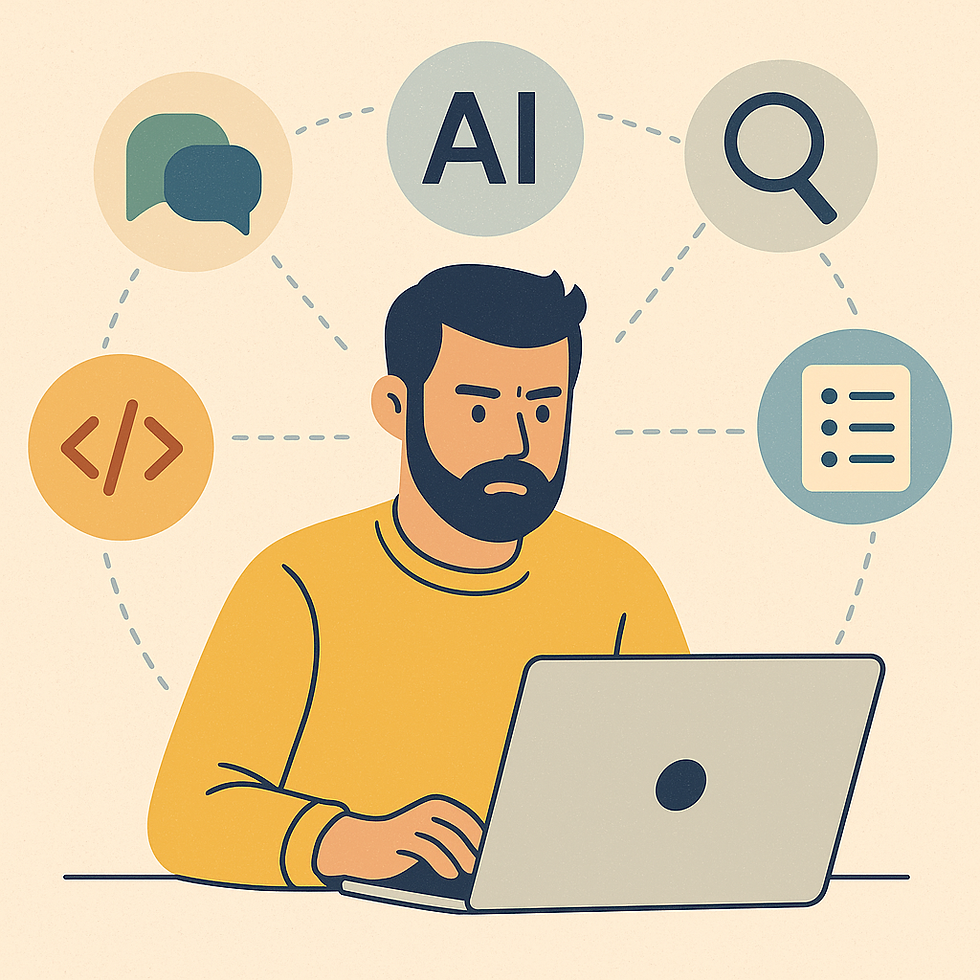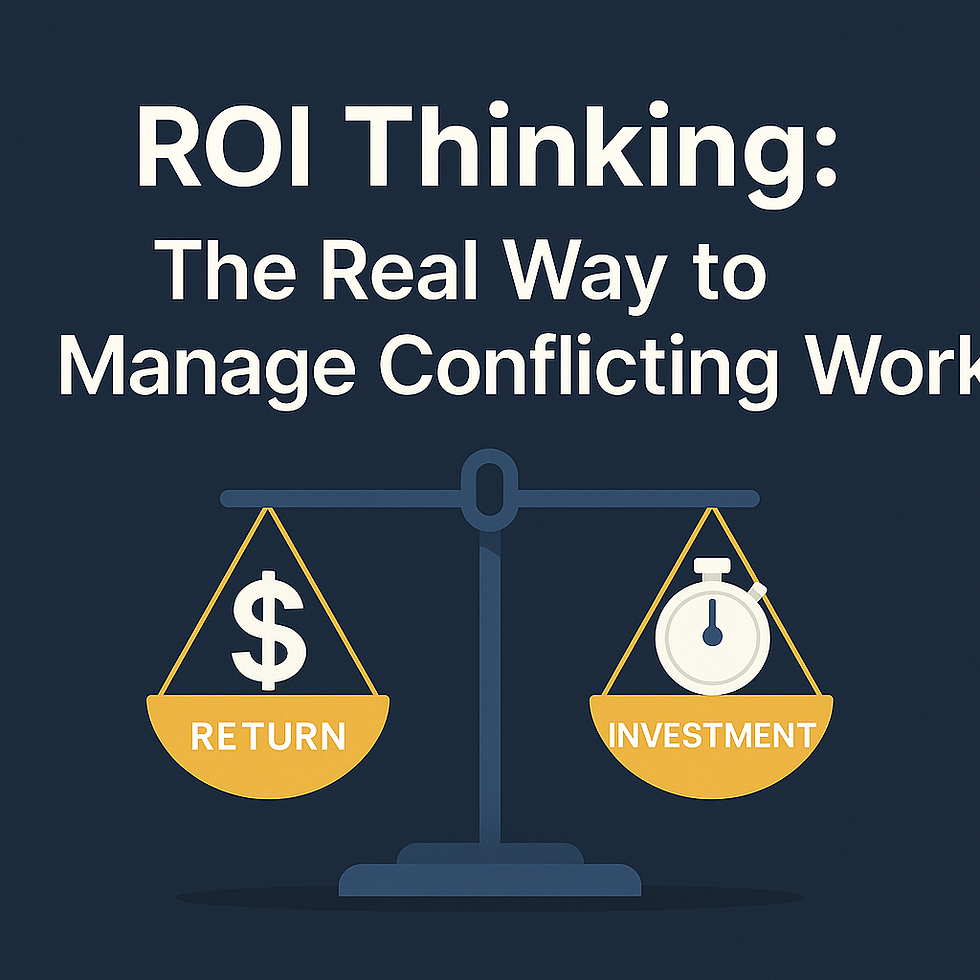Books are Mental HIIT Workouts: Why Reading Still Matters More Than Ever
- Admin
- Apr 13, 2025
- 3 min read
Updated: Apr 25, 2025

There’s this recurring thought I’ve been having—and maybe it’s a bit cliché, maybe it’s something you’ve heard before. But still, I want to explore it in my own way:
Why do people really read books?
Now, sure—there are plenty of answers out there. Ask any book lover, and they’ll say:“Books transport you to new worlds.”“They help you see through other people’s experiences.”“They improve your knowledge, vocabulary, and worldview.”
And all of that is true. Beautiful, even.But for me, it’s something more raw. More practical.
I read to manage the state of my mind.
Let me explain.
After Formal Education, Mental Workouts Fade
When we’re in school or college, our brains are constantly being exercised—whether we like it or not.We’re solving math problems, struggling through physics, absorbing facts about the world, debating, analyzing, writing, thinking.
That period of life had good dose of mental HIIT workouts.
It’s intense. It stretches your plasticity. It forces your brain to stretch, rebuild, adapt.
But then you graduate. You start working. And slowly, the “stretch” disappears. You settle into routines.
Even if you’re working hard professionally, you may not be thinking hard in new directions anymore.
Reading = HIIT for the Mind
That’s where books come in.
Reading is the mental HIIT that doesn’t get from most day-to-day brain sapping work.
Just like the body needs intervals of high intensity to grow stronger, the mind needs rich ideas, deep exploration, and sustained engagement to stay sharp.
You might be working, building something, managing teams, solving problems—but even then, if you’re not reading, your mental flexibility may slowly dull.
Enter Charlie Munger: The Case for Mental Models
Charlie Munger, in Poor Charlie’s Almanack, speaks often about building a latticework of mental models across various domains—science, history, psychology, mathematics, and more.
His idea is that the more diverse your mental models are, the better your decisions and conversations will be—because you’re seeing the world through multiple lenses at once.
Reading across genres and disciplines is how you build that toolkit.
You're not just passively consuming ideas—you’re constructing inner frameworks that give you sharper judgment, better articulation, and a richer sense of pattern recognition.
That is a form of mental fitness.
Books Anchor Your Mental State
This is why I say that reading is not a luxury. It’s maintenance.
It’s a way to:
Keep your inner world rich and stable
Bring new frameworks into your thinking
Inject slow, thoughtful reflection into a fast, distracted world
The state of your mind—your mood, clarity, calmness, depth, your ability to engage in meaningful conversations—it all depends on the thoughts you feed it.
And while movies, videos, or YouTube shorts might entertain or inform, they don’t stick. They don’t create a container or enough time window for your thoughts to expand. Books do.
Why Not Just Watch a Summary?
You might ask—“Why not just Google it?”Or, “Why not just watch a 10-minute YouTube summary?” Or, "Why not do just Blinkist"?
Sure. You can. And it might even give you that momentary rush of “Oh, I know what this is about.”
But it doesn’t rewire your thinking. It doesn’t stretch you. It doesn’t anchor your focus or shift the way you experience your own ideas.
Your Mind Deserves Better Fuel
If you’re feeling distracted, anxious, frustrated, or unmotivated...If you’re feeling disconnected or uninspired…Maybe it’s not the situation. Maybe it’s the state of your mind.
And the state of your mind is shaped by the quality of thoughts you consume.Books feed it.Movies distract it.Phones drain it.
So next time you feel restless or uninspired—don’t just scroll.Pick up a book. You don’t even need to finish it. Just stretch. Just engage.
Give your mind the HIIT session it’s been missing.



Comments